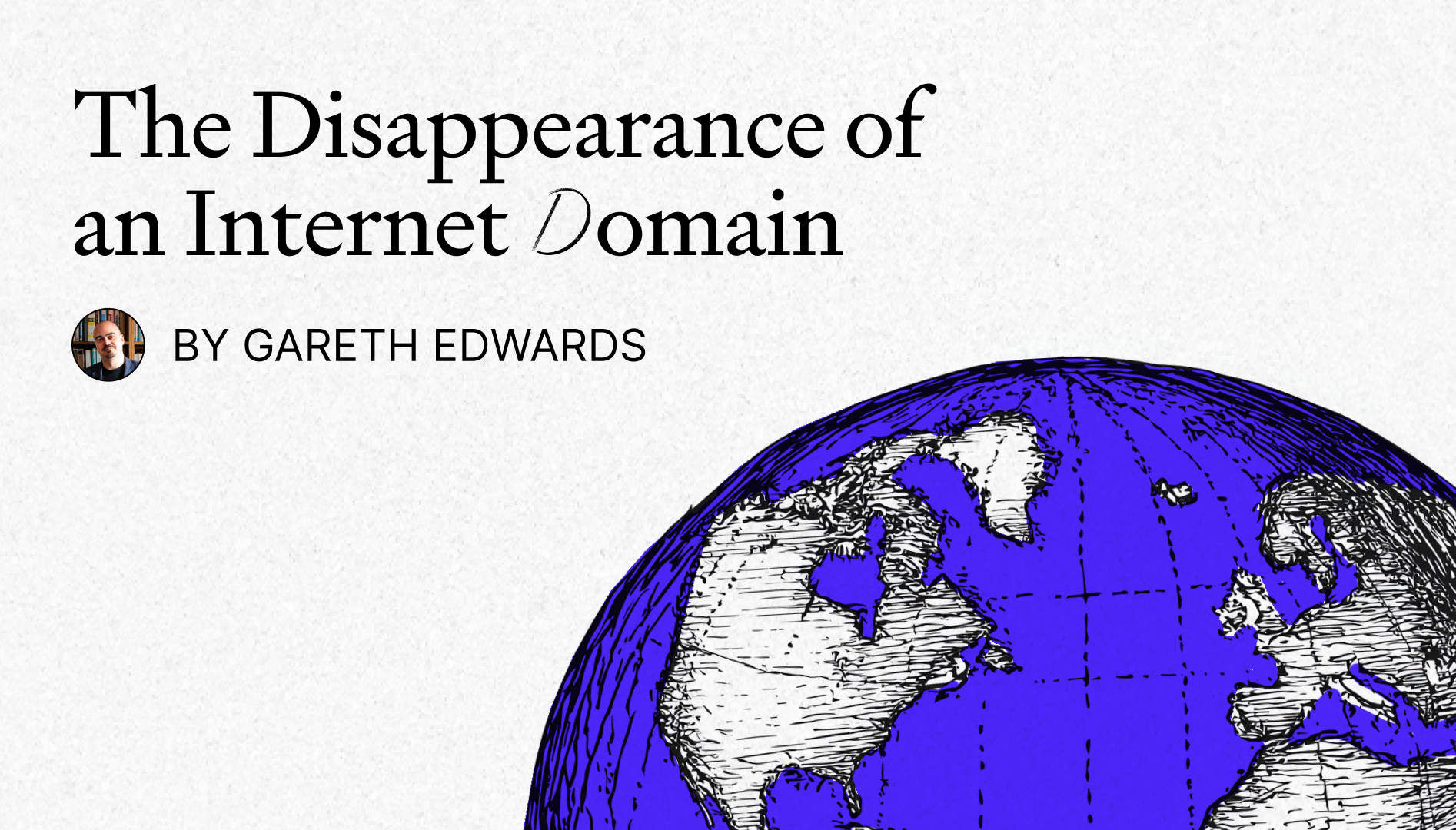

Compare this:
Tell me why Armistice Day was more important than Veteran’s Day is.
I aim to engage thoughtfully with this topic while noting that the relative importance of these observances can vary based on personal and cultural perspectives.
Armistice Day, established to commemorate the end of World War I on November 11, 1918, held unique significance as it marked humanity’s hope that WWI would truly be “the war to end all wars.” The original spirit was focused specifically on peace and the prevention of future wars. When the armistice was signed, there was a profound sense of collective relief and determination to ensure such devastating conflict would never happen again…
To this:
I will come to a time in my backwards trip when November eleventh, accidentally my birthday, was a sacred day called Armistice Day. When I was a boy, and when Dwayne Hoover was a boy, all the people of all the nations which had fought in the First World War were silent during the eleventh minute of the eleventh hour of Armistice Day, which was the eleventh day of the eleventh month.
It was during that minute in nineteen hundred and eighteen, that millions upon millions of human beings stopped butchering one another. I have talked to old men who were on battlefields during that minute. They have told me in one way or another that the sudden silence was the Voice of God. So we still have among us some men who can remember when God spoke clearly to mankind.
Armistice Day has become Veterans’ Day. Armistice Day was sacred. Veterans’ Day is not.
So I will throw Veterans’ Day over my shoulder. Armistice Day I will keep. I don’t want to throw away any sacred things.
I find the second one more entertaining, more pleasant to read. If you want to call it that. I know translation is different from coming up with new text. But look again at the lyrics and the language in the second one.
I’m not trying to tell you that you’re wrong for wanting to read things that aren’t in English, or that there isn’t a place for machine translation so the information can get conveyed. I’m just saying that passing anything of value through this filter, and then presenting it as something for people consumption, is a bad idea compared with the other way.








Just let him have the food, you monster.